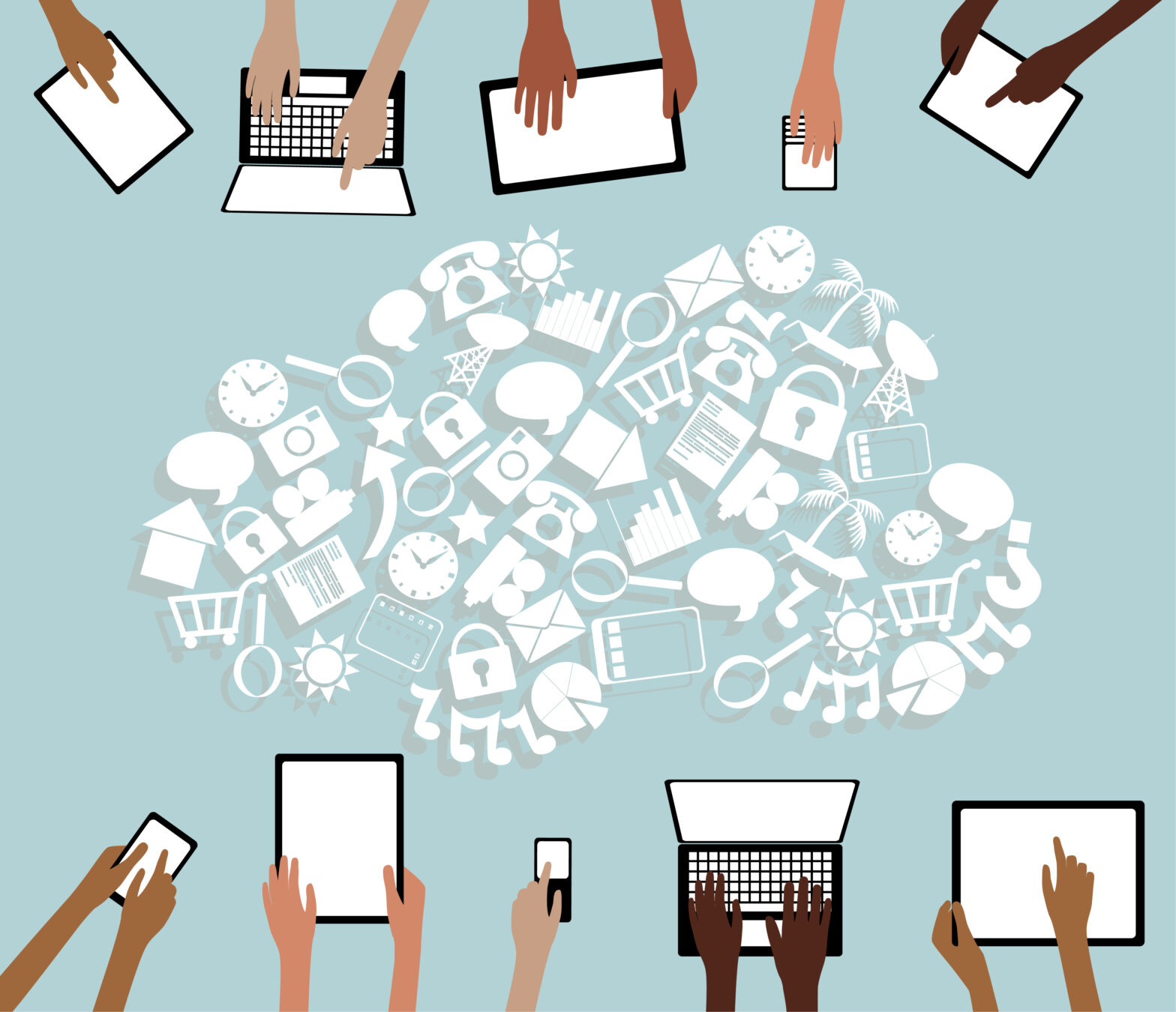In 2004, UK charities the Alzheimer’s Society and the Children’s Society merged their IT departments into an independent shared services company, named Charityshare. The idea was to combine their IT buying power to provide a better service than either could achieve individually. In 2010, Age UK also joined the consortium.
Shortly after Paul Mainstone joined the organisation in 2009, it decided to improve its remote working capabilities. At the time, access to corporate systems was primarily limited to office locations, and anyone who wanted to work from home had to be issued with a company-issue PC or laptop and access systems through a VPN.
Charityshare’s solution was to implement remote access infrastructure from Citrix. This allows employees to gain access to corporate systems such as email, but prevents them from copying any data onto their own PCs.
“If someone connects to our services, they are not allowed to map their drives to the session,” explains Mainstone, Charityshare’s Citrix architect. “They can only operate the data online.”
Last year, Charityshare decided to allow employees to access systems on any device, using Citrix’s Receiver client. Receiver works on smartphones, tablets, PCs and laptops, meaning that users can work from almost any equipment they might have.
Access to the systems is secured using two-factor authentication: users have a password login and must have an approved RSA token installed on the device.
This decision has had a number of benefits, says Mainstone. Firstly, it is cheaper, as the company does not have to issue as many laptops. “When we spoke to the users about the BYOD scheme, about 75% said they wouldn’t need a [company-issued] laptop anymore.”
Interesting Links
This article is part of BYOD in action: Five ‘bring your own device’ case studies
It is also more convenient for users, he says. “They can be out and about, and if they only need to check email, they don’t need to carry their laptop,” Mainstone says. “And if they want to work from home for a day, they don’t have to book one of our pool laptops.”
There are challenges, however, especially around IT support. “If someone is using their own laptop and they are having problems using Citrix Receiver, it can be difficult to offer support – you don’t know what’s on their laptop, what antivirus they are using, etc,” he explains. “We will try to help diagnose their problem, but you have to draw a line where official support stops.”
Nevertheless, the reception from staff has been overwhelmingly positive. “Users are coming back and saying: This is really good – I get to use better technology than my husband, who works in a bank.”










